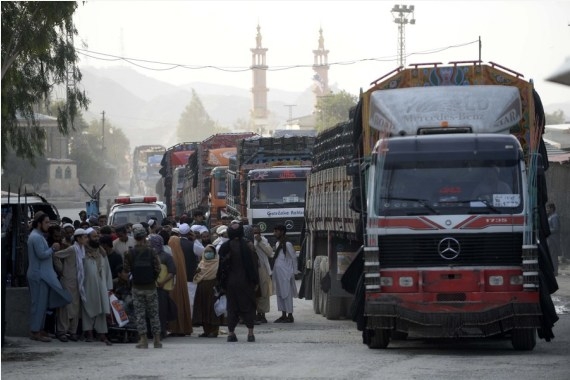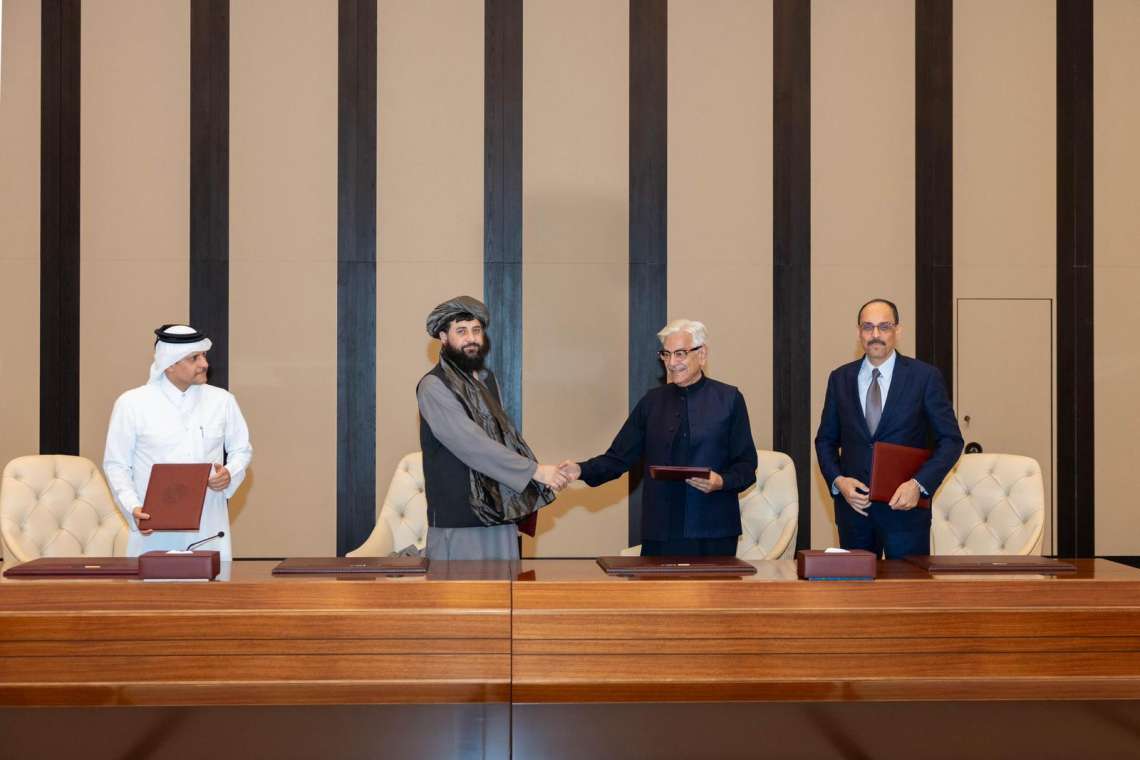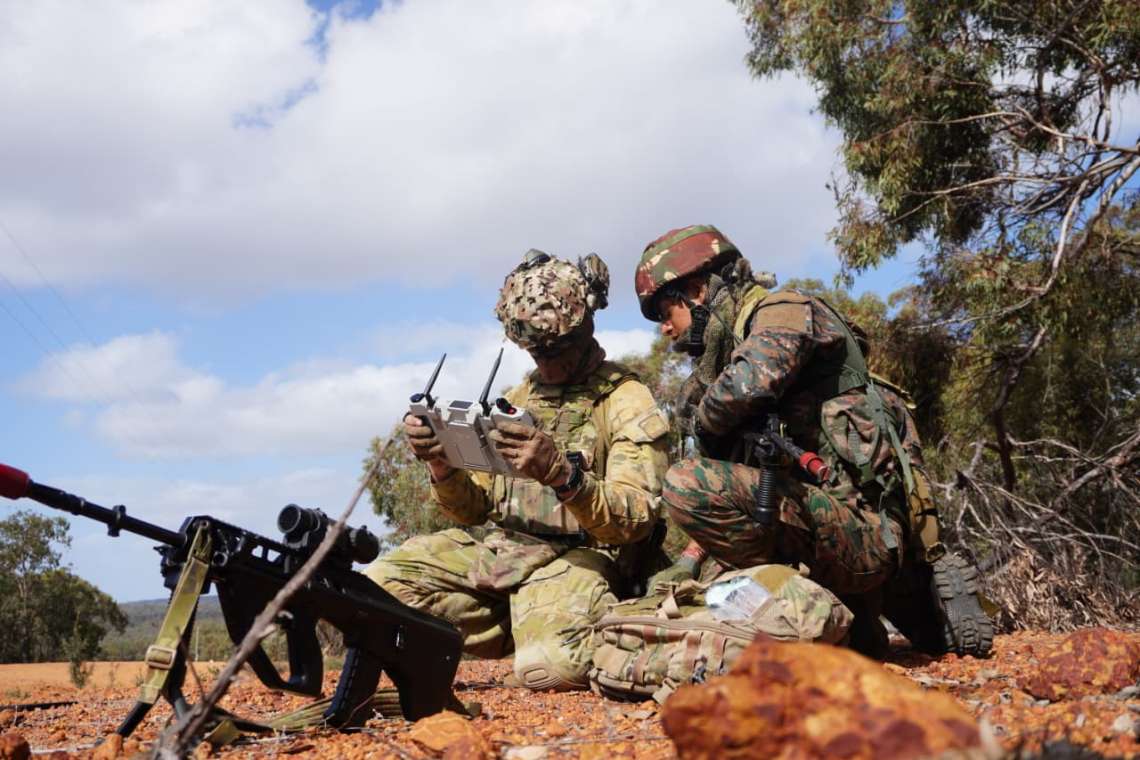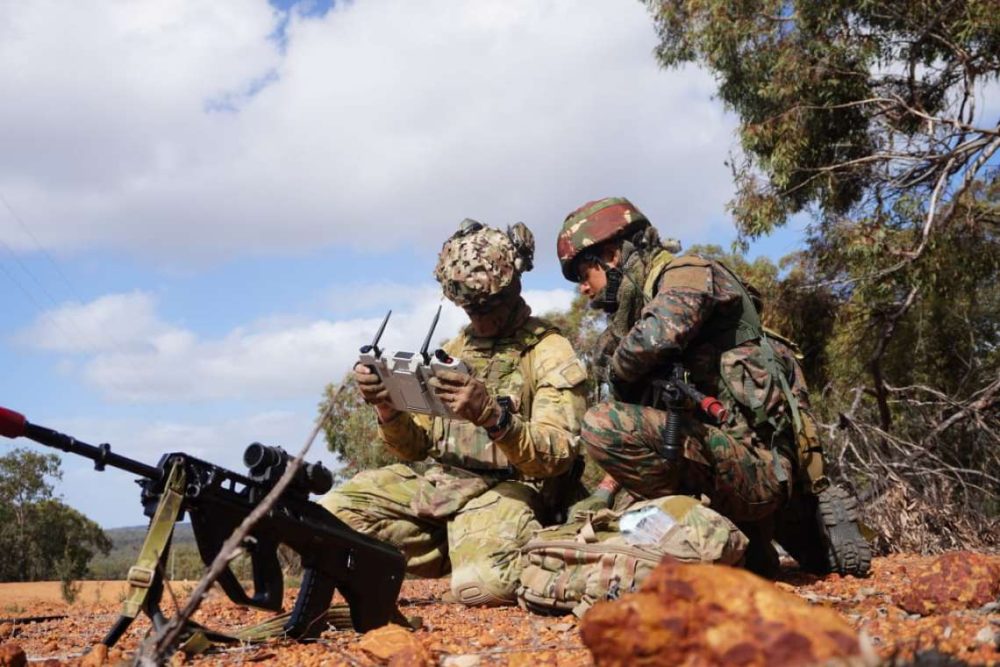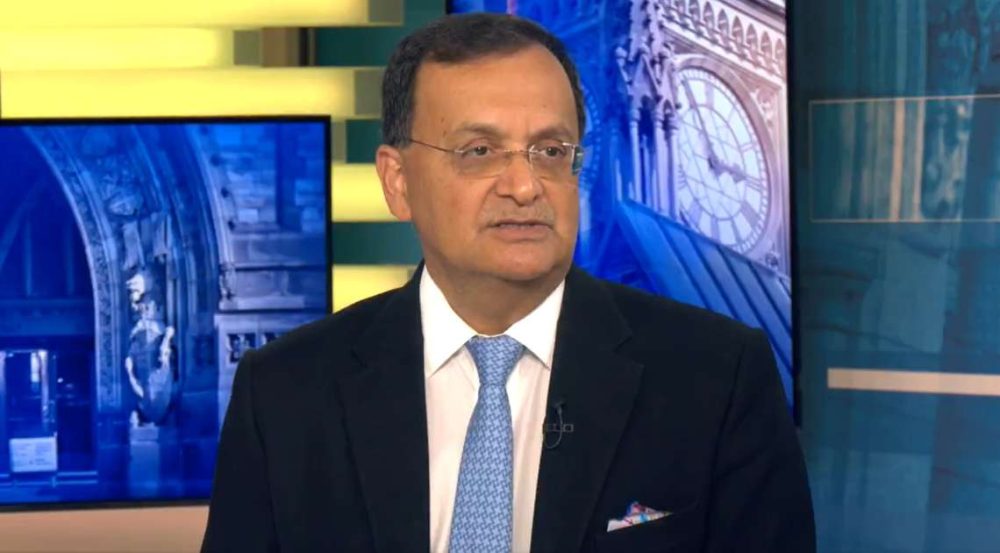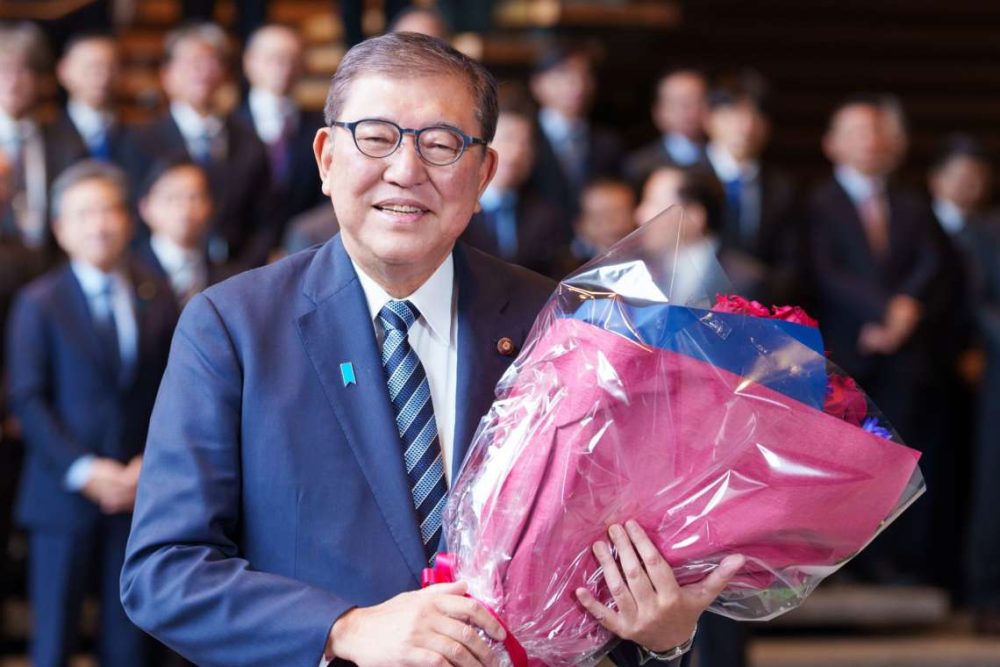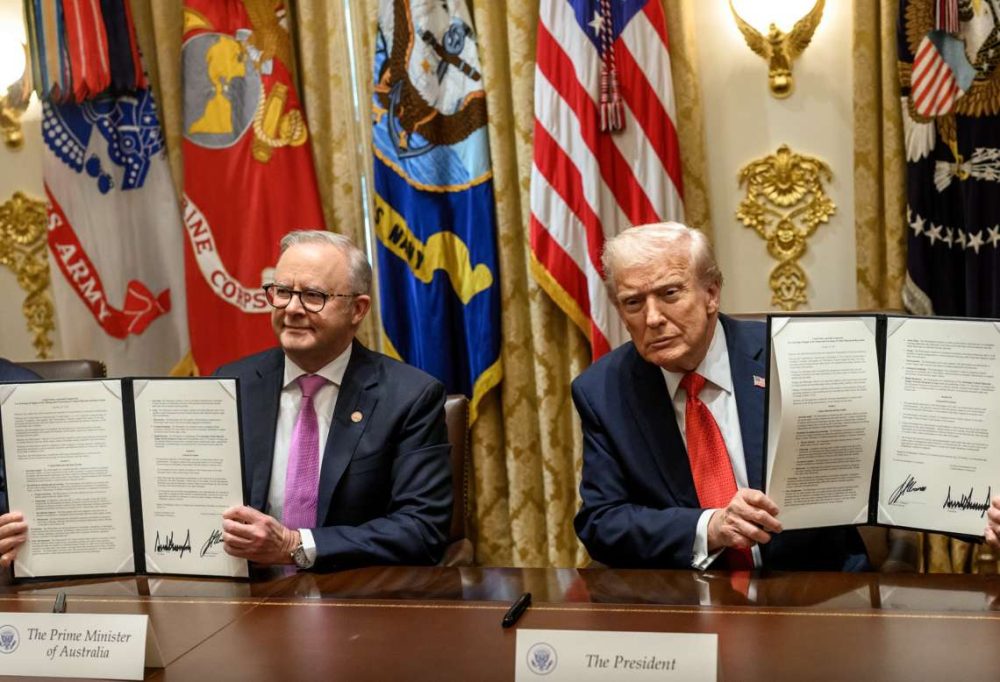The Afghanistan-Pakistan fighting has impacted civilians on both sides, with people fleeing the border areas while daily movement and trade has been disrupted…reports Asian Lite News
The recent tensions between Afghanistan and Pakistan at the border has pushed the region into one of its most serious escalations since Taliban seized power in August 2021. With no meaningful mediation or long-term confidence building measures, Afghanistan-Pakistan border is likely to remain flashpoint for instability in South Asia, a report has stated.
A report in Afghanistan’s leading news agency Khaama Press stated, “Pakistan’s airstrikes inside Afghan territory on October 9, 2025, initially described by Islamabad as operations against Tehreek-i-Taliban Pakistan (TTP) leaders, have evolved into a wider and sustained conflict. The strikes killed civilians and prompted an immediate military response from Afghan forces, signalling a severe breakdown of trust between the two neighbours.”
Pakistan said that it conducted operations to target “high-value militants,” including TTP chief Noor Wali Mehsud, accused of planning several attacks against Pakistani security forces. However, Mehsud later appeared in a video, where he said he had survived, raising questions about Pakistan’s claims. Taliban has condemned Pakistani air strikes as violations of sovereignty, calling it as “acts of aggression” and vowed to retaliate.
In response to Islamabad’s action, Afghan forces launched counterattacks along the Durand Line, with clashes erupting between forces of two nations in Paktia, Khost and Helmand provinces. Afghanistan’s Ministry of Defence said that its forces seized up to 25 Pakistani outposts, killing 58 soldiers and injuring several others while Pakistan claimed that it had destroyed Taliban positions and killed over 200 Afghan soldiers, figures rejected by Afghanistan.
The Afghanistan-Pakistan fighting has impacted civilians on both sides, with people fleeing the border areas while daily movement and trade has been disrupted due to closure of Torkham and Chaman crossings.
“The current hostilities are rooted in longstanding grievances. Pakistan has repeatedly expressed frustration over the Taliban government’s refusal to act against the TTP, which Islamabad holds responsible for more than 500 attacks in 2025. According to the Pakistan Institute for Conflict and Security Studies, militant violence in 2024 claimed over 2,500 lives, the highest in nearly a decade,” the report in Khaama Press detailed.
Afghanistan’s refusal has resulted in Pakistan facing violence in Balochistan and Khyber Pakhtunkhwa, leading to Islamabad taking military actions that have strained bilateral ties. Meanwhile, Taliban leaders consider Pakistan’s actions as a challenge to the sovereignty and part of long history of political interference.
A temporary ceasefire announced on October 15 collapsed as clashes erupted between forces of two nations in Spin Boldak and Nangarhar. Pakistan and Taliban expressed support for de-escalation, however, their militaries remained on alert, and drone and aerial surveillance continued along the frontier.
“As of mid-October 2025, the conflict remains unresolved. Pakistan’s operations have not neutralized TTP sanctuaries, while Afghanistan has capitalized on nationalist sentiment to frame itself as a defender of sovereignty. With rising casualties, the breakdown of ceasefire attempts, and entrenched distrust, prospects for normalization appear remote. Absent meaningful mediation or long-term confidence-building measures, the Afghanistan–Pakistan border is likely to remain a flashpoint for instability in South Asia,” the report highlighted.




